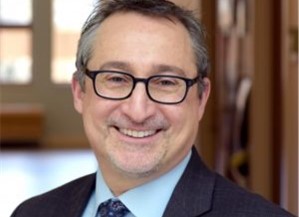Food and Justice in Virginia
Paul Freedman, associate professor in the Department of Politics in the College and Graduate School of Arts and Sciences at the University of Virginia, moderated a panel of experts that included: Tanya Denckla Cobb, director of UVA’s Institute for Engagement & Negotiation in the School of Architecture and chair of the UVA Sustainable Food Collaborative; Shantell Bingham, program director of Cultivate Charlottesville’s Food Justice Network; Basil Gooden, VCU visiting scholar and former Virginia secretary of Agriculture and Forestry; and Christianne Queiroz, director of the Virginia Farm Workers Program at Central Virginia Legal Aid Society. Yuki Zheng, a UVA student employee on the Outreach team at UVA Sustainability, co-authored this post.
FOOD AND JUSTICE IN VIRGINIA
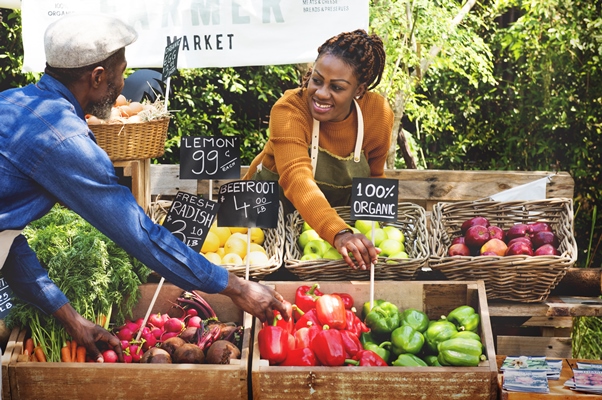 As Wendell Berry famously observed, “Eating is an agricultural act.” Berry, a farmer, philosopher, and poet, meant to remind us that eating is inescapably connected to the land, to agriculture, and to the cycles of planting and harvest.
As Wendell Berry famously observed, “Eating is an agricultural act.” Berry, a farmer, philosopher, and poet, meant to remind us that eating is inescapably connected to the land, to agriculture, and to the cycles of planting and harvest.
But eating is also a political act. Most of us eat every day, usually multiple times a day, and every meal, every bite of burger or burrito or bagel, represents a choice, one that is embedded in and has implications for our food system. Our choices are interconnected with all of the people – the planters and growers and harvesters and processors and distributors and retailers and food service workers – involved in making our food available. How we choose affects them. Eating is, ultimately, an enactment of our values.
Food justice speaks to these values. Broadly understood, food justice involves basic notions of fairness in our food system. Who benefits and who is at risk? Who has power and who is powerless? What decisions, laws, regulations, and practices serve to promote, or to undermine, a more equitable distribution of power, costs, and benefits? Many of the inequities in the food system have been exposed and exacerbated by the COVID pandemic and by our response to it. However, all of these injustices pre-date the pandemic, and will continue once it is, finally, behind us.
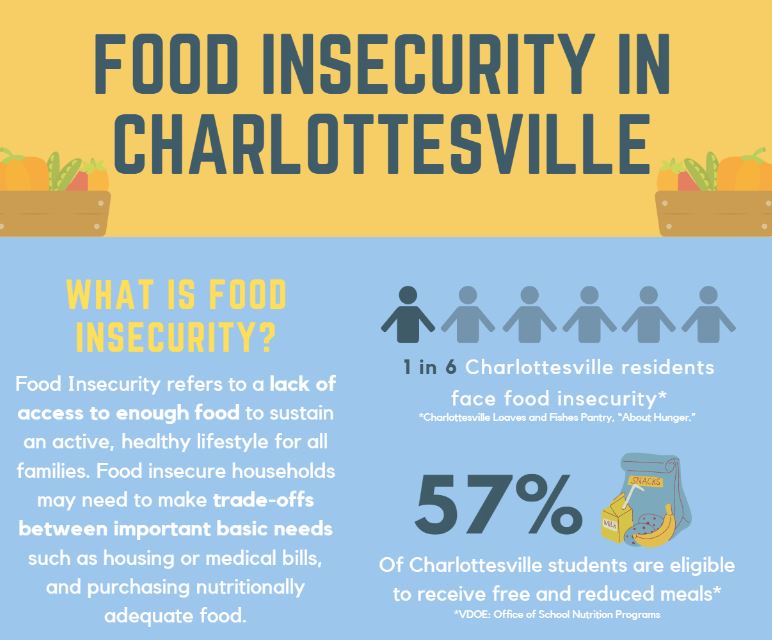
The issue of food access has been especially prominent in the Charlottesville community. Prior to COVID-19, one in six residents in the City faced food insecurity, Shantell Bingham noted. For many, access to healthy food has grown more difficult during the pandemic. “When you have a pandemic coming down on communities that are already facing health disparities and…living in food environments that are the byproducts of food apartheid, [it demonstrates] the way in which our city has built policies and designed our neighborhoods,” said Bingham.
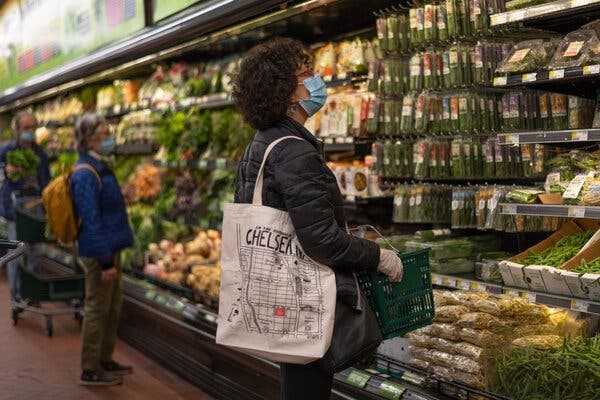
Throughout the country, nearly 30% of households live in a condition of food insecurity, an increase from 11% prior to the pandemic. During his first week in office, President Biden signed an executive order directing the U.S. Department of Agriculture to increase SNAP (food stamp) benefits by 15% through the fall. The order indicates a renewed focus on the challenges of food insecurity challenges.
The panelists also spoke about the production of food, noting that many Americans know very little about where their food is grown. Indeed, 43% of panel attendees indicated that they knew “almost nothing” about who produced their food and under what conditions. To Queiroz, this is indicative of the “lack of visibility of farm workers and their lives and conditions.” The disconnect we experience from food production is harmful because it masks the inequities, dangers, and mistreatment farm workers face.
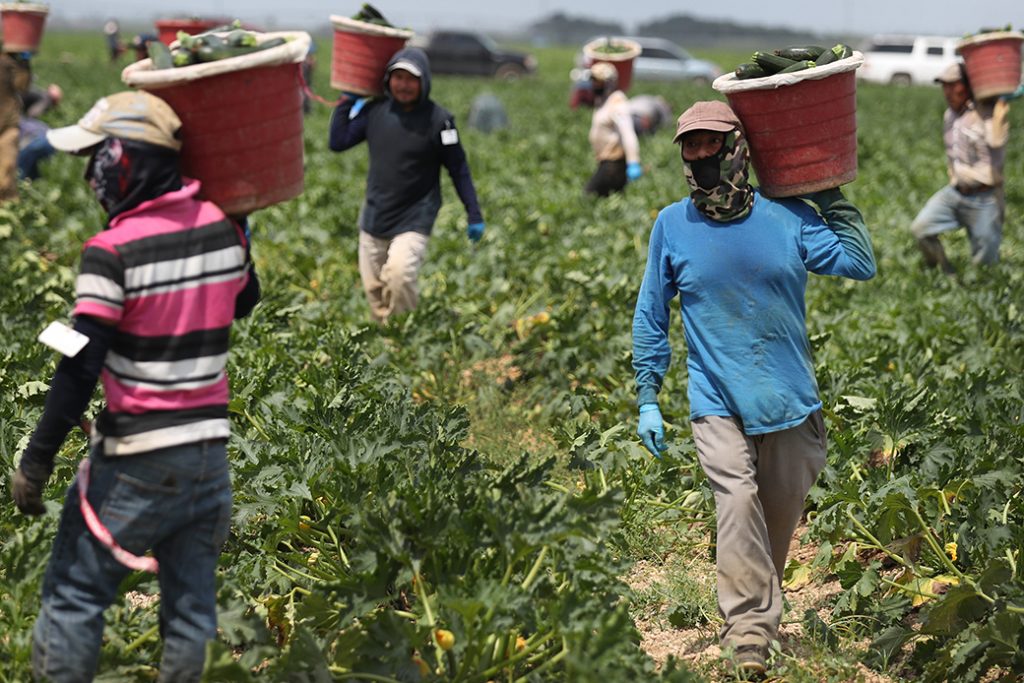
Similarly, many Americans are unaware of the legacies of harm and injustice toward Black and Indigenous farmers in this country. Basil Gooden spoke to the discrimination he has observed and experienced, both as the owner of a cattle farm and as a former USDA official. Tanya Denckla Cobb described the lasting legacy of injustice, noting that, “inequities have really been baked into our food system, ever since colonists came to this land and created plantations that depended in every way on the system of enslavement which guaranteed cheap and captive labor.”
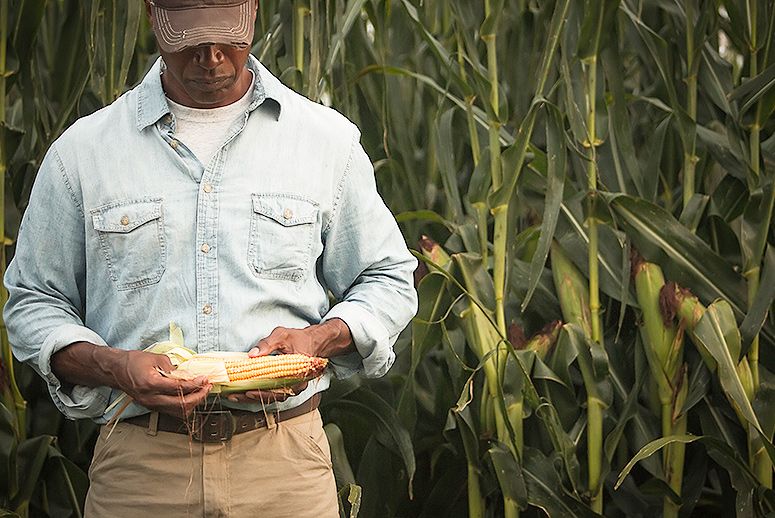
How can we address the fundamental injustices in our food system? At the national level, Gooden raised the need for the new administration to create a high-level position specifically responsible for addressing food policy and the issue of food justice. Bingham noted the ongoing advocacy work at the local level, including advocating for food equity within the City of Charlottesville and the City Schools. Denckla Cobb emphasized the need for the University to work with its local community partners and to use its “power of the purse” to support Black and Indigenous farmers in the Commonwealth.

We are all eaters, and we are all part of the food system. Every day we make choices that are shaped by the food system, and that, in turn, shape the conditions under which our food is grown and produced. We should think carefully about how those choices affect food justice.
Resource Links:
Cultivate Charlottesville Food Justice Network
Cultivate’s 24/7 Food Security Text Line
Local Food Hub’s Fresh Farmacy: Fruit and Veggie Prescription Program
Charlottesville Food Insecurity Resources
Blue Ridge Area Food Bank
UVA Sustainable Food Collaborative Annual Report
Black-owned Restaurants and Food Businesses in Charlottesville
Virginia Farm Workers Program
UVA Food Insecurity Resource Group (FIRG)
Watch the recorded vodcast of the January 27, 2021 program, “Food and Justice in Virginia.”
- Having a Drink With Your Donkey: The Absurd in Antiquity
- What Happens to UVA’s Recycling? A Behind the Scenes Look at Recycling, Composting, and Reuse on Grounds
- Finding Your Center: Using Values Clarification to Navigate Stress
- UVA Club of Atlanta: Virtual Pilates Class
- UVA Club of Fairfield/Westchester: Cavs Care - Food Pantry Donation Drive
- UVA Club of the Triangle: Hoo-liday Party
